Sustainability
Why Sustainability is Important to Culinary Excellence
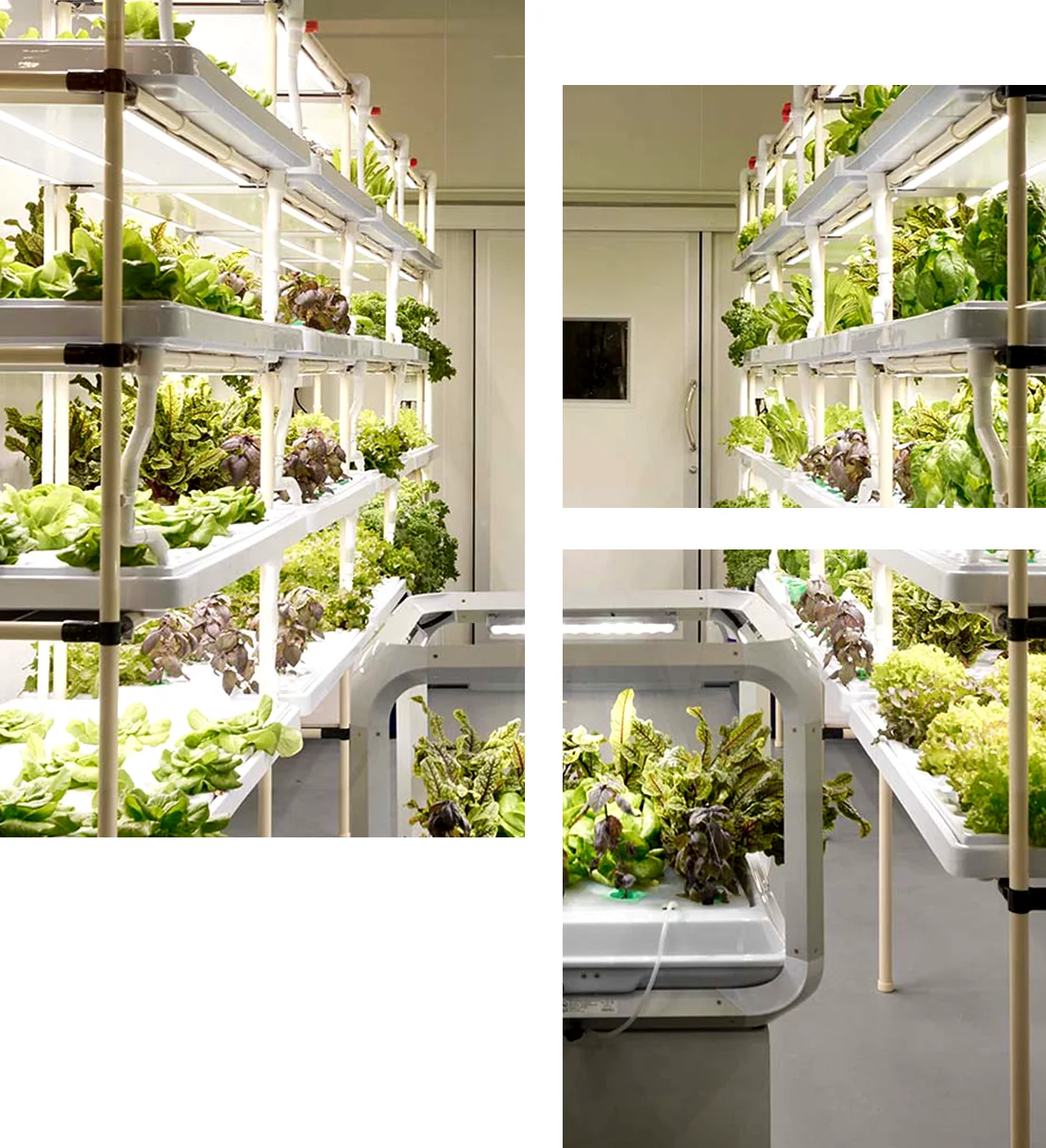

Sustainability and ESG for Future Chefs
How culinary schools think, operate, and educate the next generation of aspiring chefs is critical for the Asian food industry. At The Food School, we’re on a personal mission to transform how the community sees the potential of every ingredient, sources responsibility, and creates meaningfully.
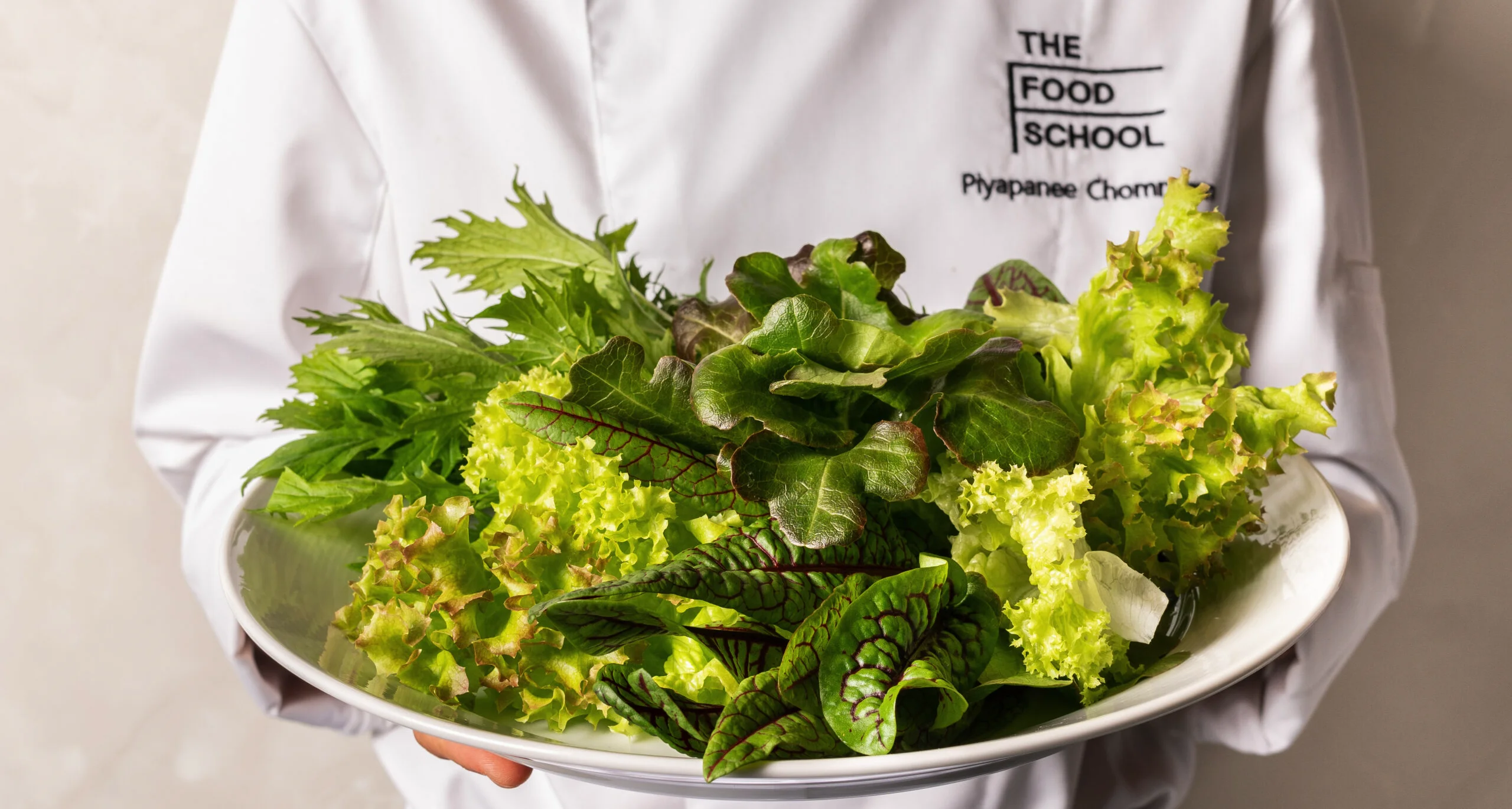
Mindful, Ethical, and Creative Cooking
A message from our General Manager
“There’s a misconception that choosing sustainability in cooking is costly, or simply a way to capitalise on the next new trend. But for centuries, sustainable food – building a strong relationship between producer and cook – was defined as ‘good food.’
By paying attention to the environment in which you cook, our students learn that creative food is not solely based on aesthetics but on how you consider your role in the food system and how every ingredient can be elevated.”
What We Do at The Food School
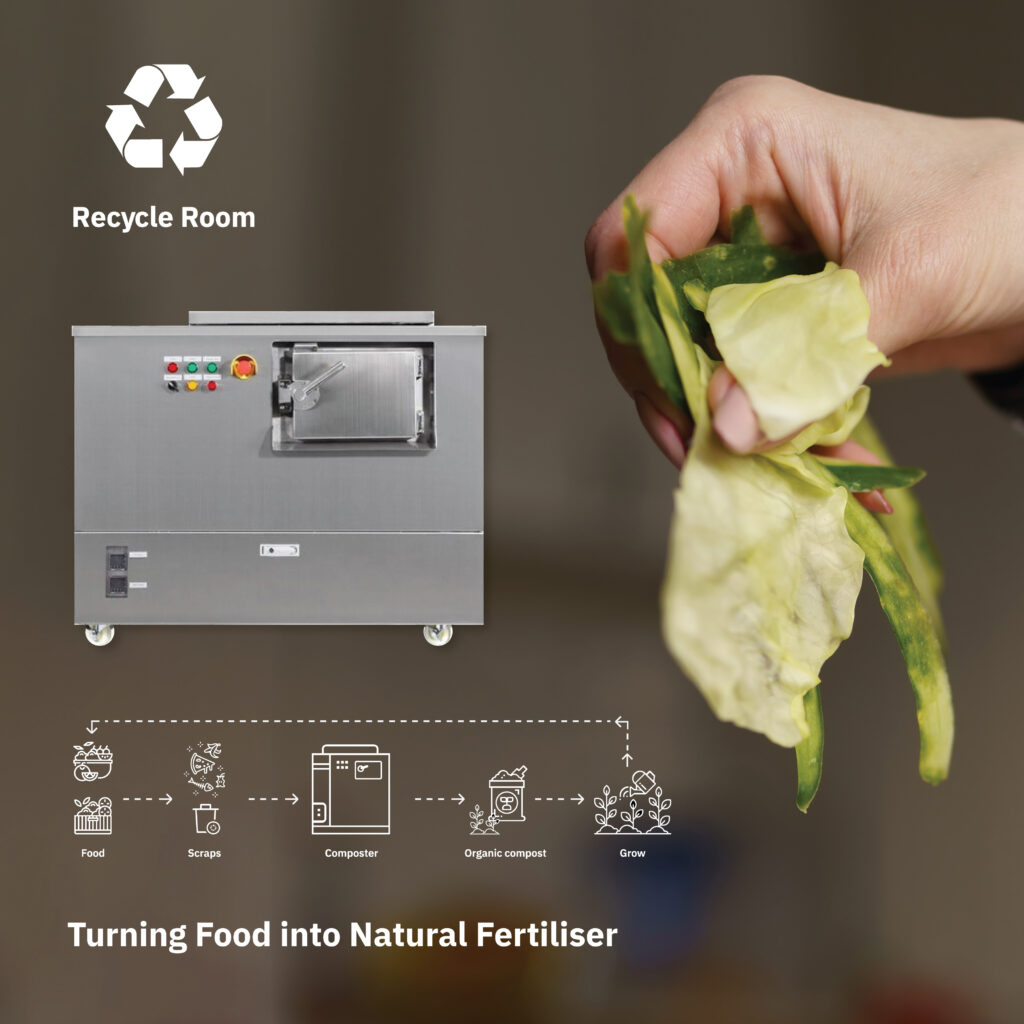
Where does all our food go?
Chefs are responsible for using every piece of ingredient that crosses their cutting boards. We have a zero food waste policy, composting onsite, and partnering with Scholars of Sustenance to donate high- quality surplus food to nearby communities in need so every uneaten plate is given a new purpose.
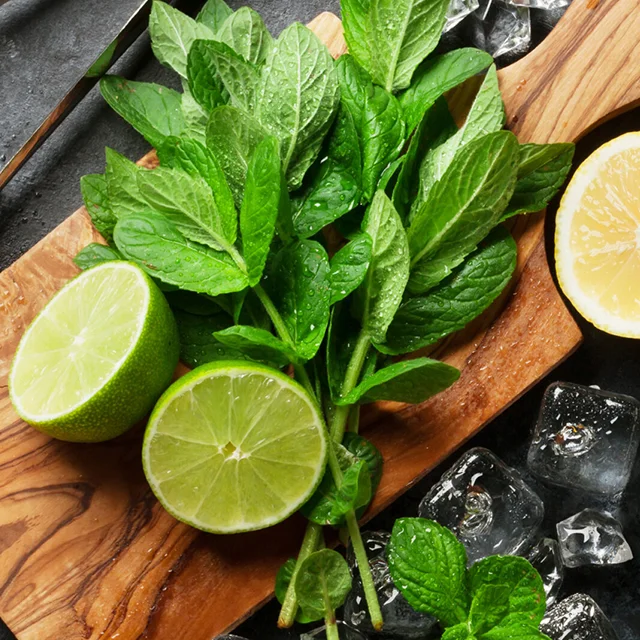
Where do we get our ingredients?
Our purchasing decisions have a direct impact on how Thai farmers grow food. We collaborate with local, organic farms across the country to reduce transport emissions and support high-quality, produce in our classrooms and product offerings.
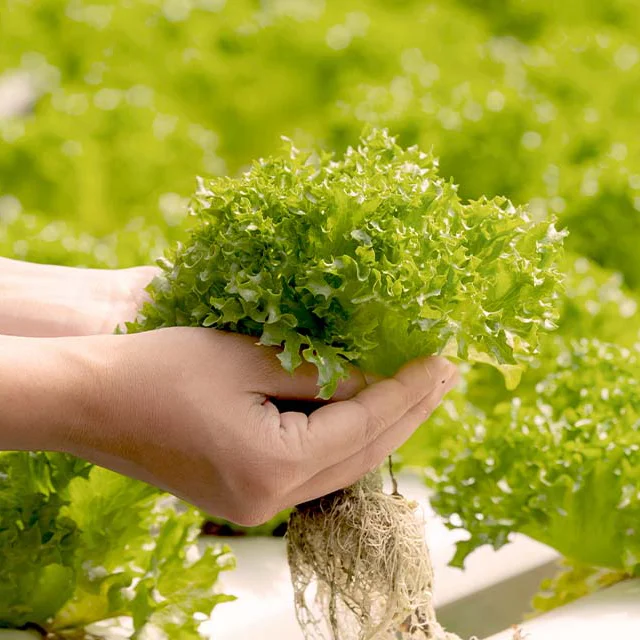
How do we plan our processes?
Our resources are limited - considering the lifecycle of our operations to reduce our environmental impact and keep costs low for our students ensures those same students will have abundant resources in the future. We monitor and optimise energy usage in real-time, recycle wastewater, prioritise biodegradable plastics, and work with partners to repurpose used oil from our kitchens into biofuel.
How Chefs Can Make a Difference
Our chefs ensure to sustain an eco-behavior by using: alternatives proteins, such as insects, holding healthy food courses, using products from our vertical farm, or even optimizing every piece of meat in butchery. Students are also mindfully sensibilized through classes about local products per region in Thailand, for all cuisines. Our teams also contribute by using water bottles instead of disposables and being in constant research of new sustainable initiatives.